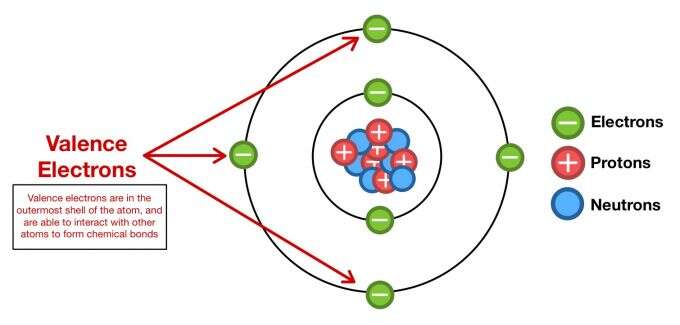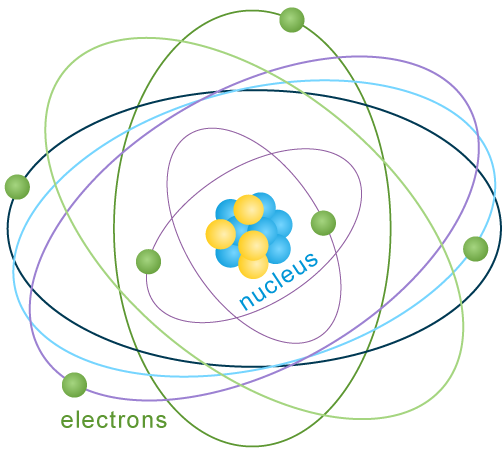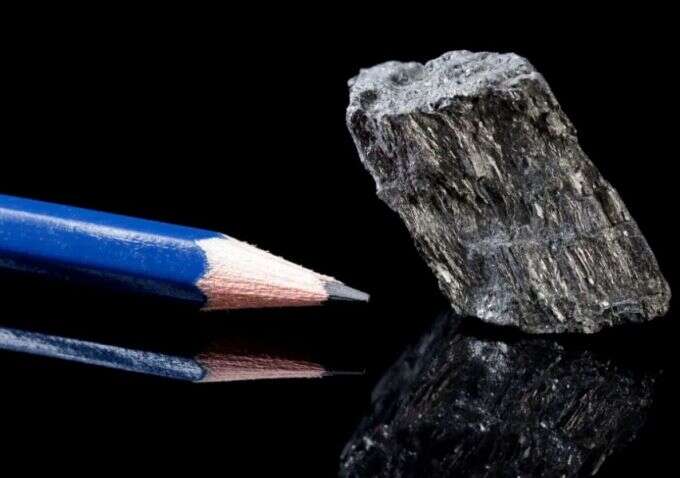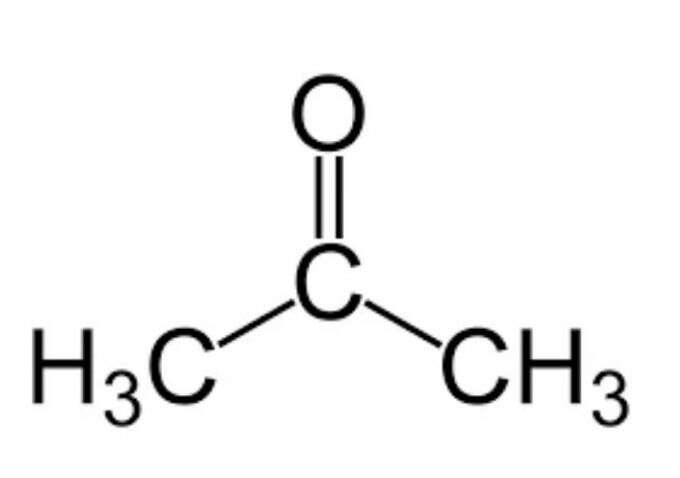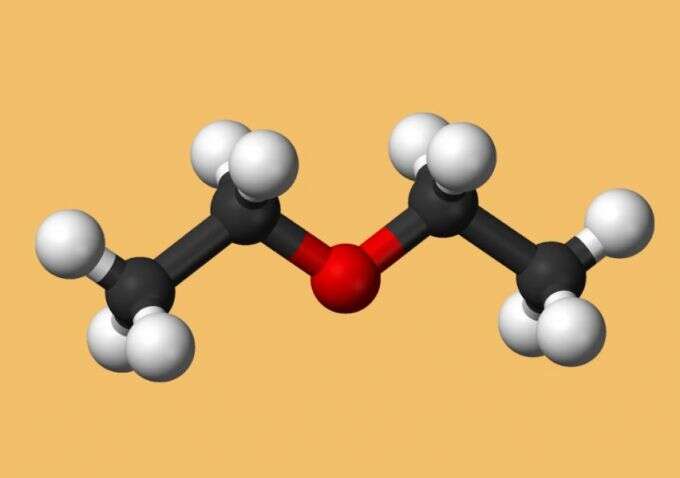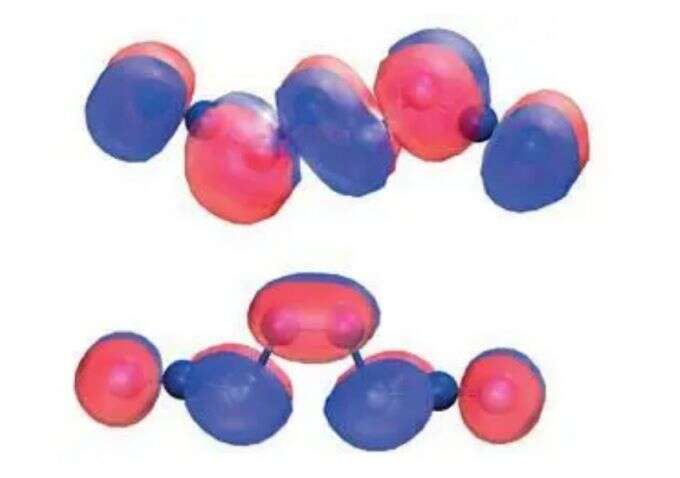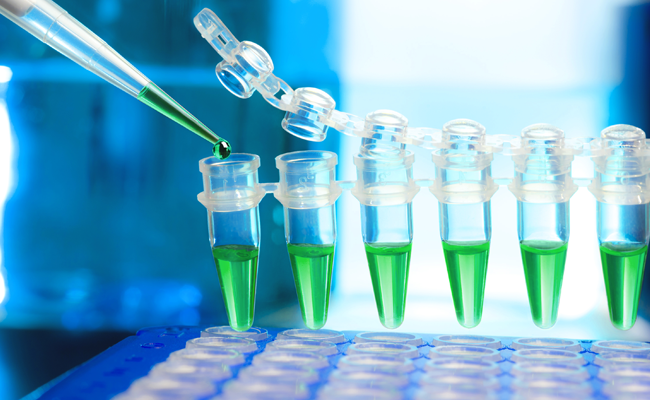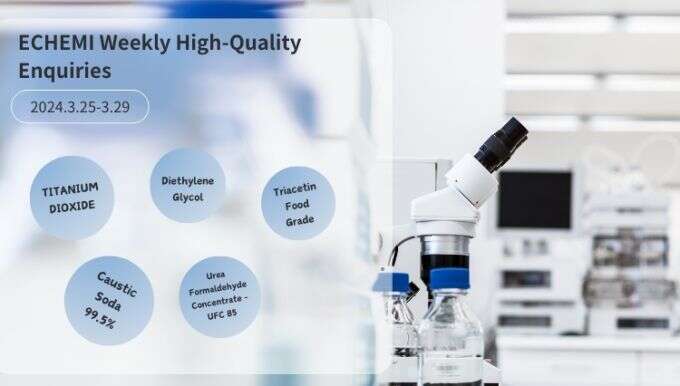
FAQ
-
![What is Tricalcium Phosphate in Food, and How Does It Enhance Your Meal What is Tricalcium Phosphate in Food, and How Does It Enhance Your Meal]()
What is Tricalcium Phosphate in Food, and How Does It Enhance Your Meal
2023-07-17Studies show that tricalcium phosphate in food is one of the most often overlooked and lesser-known heroes.
-
![Is Polyester a Plastic? A Definitive Explanation and Concepts Is Polyester a Plastic? A Definitive Explanation and Concepts]()
Is Polyester a Plastic? A Definitive Explanation and Concepts
2023-07-17This article explains "Is polyester a plastic" and what are the basic concepts of polyester and its practical advantages and disadvantages along with its applications.
-
![Is MgSO4 Soluble in Water? Everything You Need to Know! Is MgSO4 Soluble in Water? Everything You Need to Know!]()
Is MgSO4 Soluble in Water? Everything You Need to Know!
2023-07-17In this article we are going to explain the question " is mgso4 soluble in water" and what are the reasons behind the very nature of this substance?
-
![What is Sodium Nitride & Pros and Cons of It What is Sodium Nitride & Pros and Cons of It]()
What is Sodium Nitride & Pros and Cons of It
2023-07-14What is sodium nitride? This fascinating compound holds great significance in various industries and has a range of applications.
-
![How to Identify Reducing VS Non Reducing Sugars in Foods How to Identify Reducing VS Non Reducing Sugars in Foods]()
How to Identify Reducing VS Non Reducing Sugars in Foods
2023-07-14When it comes to reducing vs non reducing sugars, it's important to understand the difference between the two. Reducing sugars are those that can be oxidized, while non-reducing sugars cannot.
-
![Is Glucose a Reducing Sugar? | How it is different from other Sugar Forms? Is Glucose a Reducing Sugar? | How it is different from other Sugar Forms?]()
Is Glucose a Reducing Sugar? | How it is different from other Sugar Forms?
2023-07-14Is glucose a reducing sugar? What is glucose and if it's reducing sugar, what are the reasons behind it? we discuss all the background info for this fundamental sugar form in our nature.
-
![A Key to Chemical Reactivity: How Many Valence Electrons Does Boron Have A Key to Chemical Reactivity: How Many Valence Electrons Does Boron Have]()
A Key to Chemical Reactivity: How Many Valence Electrons Does Boron Have
2023-07-14How many valence electrons does boron have? Boron a chemical element with the atomic number 5 and symbol B, is an essential building block of the periodic table. Its unique electronic configuration plays a vital role in determining its chemical properties
-
![How Many Electrons Does Iron Have: Everything You Need to Know About Iron How Many Electrons Does Iron Have: Everything You Need to Know About Iron]()
How Many Electrons Does Iron Have: Everything You Need to Know About Iron
2023-07-14How many electrons does iron have? Before answering this question, let’s learn more about iron. This essential element has played a significant role in shaping human civilization and continues to be a cornerstone of modern society.
-
![Is Fluorine a Gas? A Fundamental Introduction to this Exotic Element Is Fluorine a Gas? A Fundamental Introduction to this Exotic Element]()
Is Fluorine a Gas? A Fundamental Introduction to this Exotic Element
2023-06-28Is fluorine a gas? What are its basic characteristics? How it exists and other natural features. We have explained everything here in this article.
-
![Is Cellulose a Polymer? Definitions and Related Concepts Is Cellulose a Polymer? Definitions and Related Concepts]()
Is Cellulose a Polymer? Definitions and Related Concepts
2023-06-28Is cellulose a polymer? What are cellulose and polymer anyway? How they are related? All these questions are answered here, so keep reading.
-
![How to Study Hexane: Is Hexane Soluble in Water? How to Study Hexane: Is Hexane Soluble in Water?]()
How to Study Hexane: Is Hexane Soluble in Water?
2023-06-15Is hexane soluble in water? Well, Hexane is a hydrocarbon with a chemical formula of C6H14. It is a colorless liquid that is highly flammable and volatile. Hexane is nonpolar because it consists of carbon and hydrogen atoms.
-
![Is Graphite a Metal, Exploring the Properties of the Object Is Graphite a Metal, Exploring the Properties of the Object]()
Is Graphite a Metal, Exploring the Properties of the Object
2023-06-15Is graphite a metal? This question often arises among those who are curious about the properties and characteristics of different elements.
-
![Do Cigarettes Contain Civet Cat Absolute? Exploring the Truth Do Cigarettes Contain Civet Cat Absolute? Exploring the Truth]()
Do Cigarettes Contain Civet Cat Absolute? Exploring the Truth
2023-06-12The question "Do cigarettes contain civet cat absolute?" has been a topic of debate and curiosity for many. This article aims to provide a comprehensive understanding of what civet cat absolute is.
-
![How is the Density of Acetone Affected and its Uses? How is the Density of Acetone Affected and its Uses?]()
How is the Density of Acetone Affected and its Uses?
2023-06-12Acetone is a useful solvent, readily identified by its flammable and colorless properties and it has a chemical formula (CH3)₂CO. Most of us have this question "what is the density of acetone?" in our minds.
-
![Is Diethyl Ether Polar and What Does It Mean? Is Diethyl Ether Polar and What Does It Mean?]()
Is Diethyl Ether Polar and What Does It Mean?
2023-06-09If you're asking yourself "Is Diethyl Ether Polar?", the answer is yes. But what does that mean exactly? In this blog post, we'll explore what it means for a molecule to be polar and how this applies to diethyl ether.
-
![Why Is Diatomic Nitrogen Inert and Where It Can be Used for? Why Is Diatomic Nitrogen Inert and Where It Can be Used for?]()
Why Is Diatomic Nitrogen Inert and Where It Can be Used for?
2023-06-09Is diatomic nitrogen inert? This is a question that many chemists and scientists have been asking for years. The answer is a bit more complicated than a simple yes or no, but the general consensus is that diatomic nitrogen is, in fact, inert.
-
![Is Citric Acid a Preservative: A Comprehensive Guide Is Citric Acid a Preservative: A Comprehensive Guide]()
Is Citric Acid a Preservative: A Comprehensive Guide
2023-06-08Is citric acid a preservative? With the growing need for preservation, most individuals have been wondering if they can use citric acid as a preservative. Preservation is vital in most industries, including food, cosmetics, etc.
-
![Is Agbr Soluble or Insoluble? Here is What You Should Know Is Agbr Soluble or Insoluble? Here is What You Should Know]()
Is Agbr Soluble or Insoluble? Here is What You Should Know
2023-06-08Most metal bromide materials are water-soluble. You're probably wondering if agbr is soluble or insoluble. Well, agbr is insoluble in water. It has covalent bonds, so water cannot dissolve compounds in it.
-
![How to Melt Coconut Oil: A Simple Guide for Beginners How to Melt Coconut Oil: A Simple Guide for Beginners]()
How to Melt Coconut Oil: A Simple Guide for Beginners
2023-06-07Wondering how to melt coconut oil? This article has got you covered. For coconut oil to melt, it must attain its melting point temperature of 24 degrees Celsius, equivalent to 76 degrees Fahrenheit.
-
![How to Make Ginger Oil at Home: The Ultimate Guide How to Make Ginger Oil at Home: The Ultimate Guide]()
How to Make Ginger Oil at Home: The Ultimate Guide
2023-06-07Are you interested in learning how to make ginger oil at home? If so, you've come to the right place! This ultimate guide provides you with all the information you need to know about making ginger oil.
Hot News
-
How Long is Amoxicillin Good for in the Fridge
-
How to Make Potash: A DIY Guide for You To Try
-
How to clean with caustic soda-Everything you should know
-
Does Amoxicillin Need to Be Refrigerated
-
How and Why Is Silver Nitrate Soluble in Water?
-
How To Make Ether? Step By Step Guide On Making Ether
-
How to make sodium hydroxide from baking soda and its uses
-
Is rubber a type of plastic? Everything you need to know about rubber
-
Why Does Benzoic Acid Not Dissolve in Water? Everything You Need to Know
-
Quickly Review: What is the Charge of Zinc











